Dr Simeon Vidolov
Lecturer in Business Information Systems
J.E. Cairnes School of Business and Economics, University of Galway


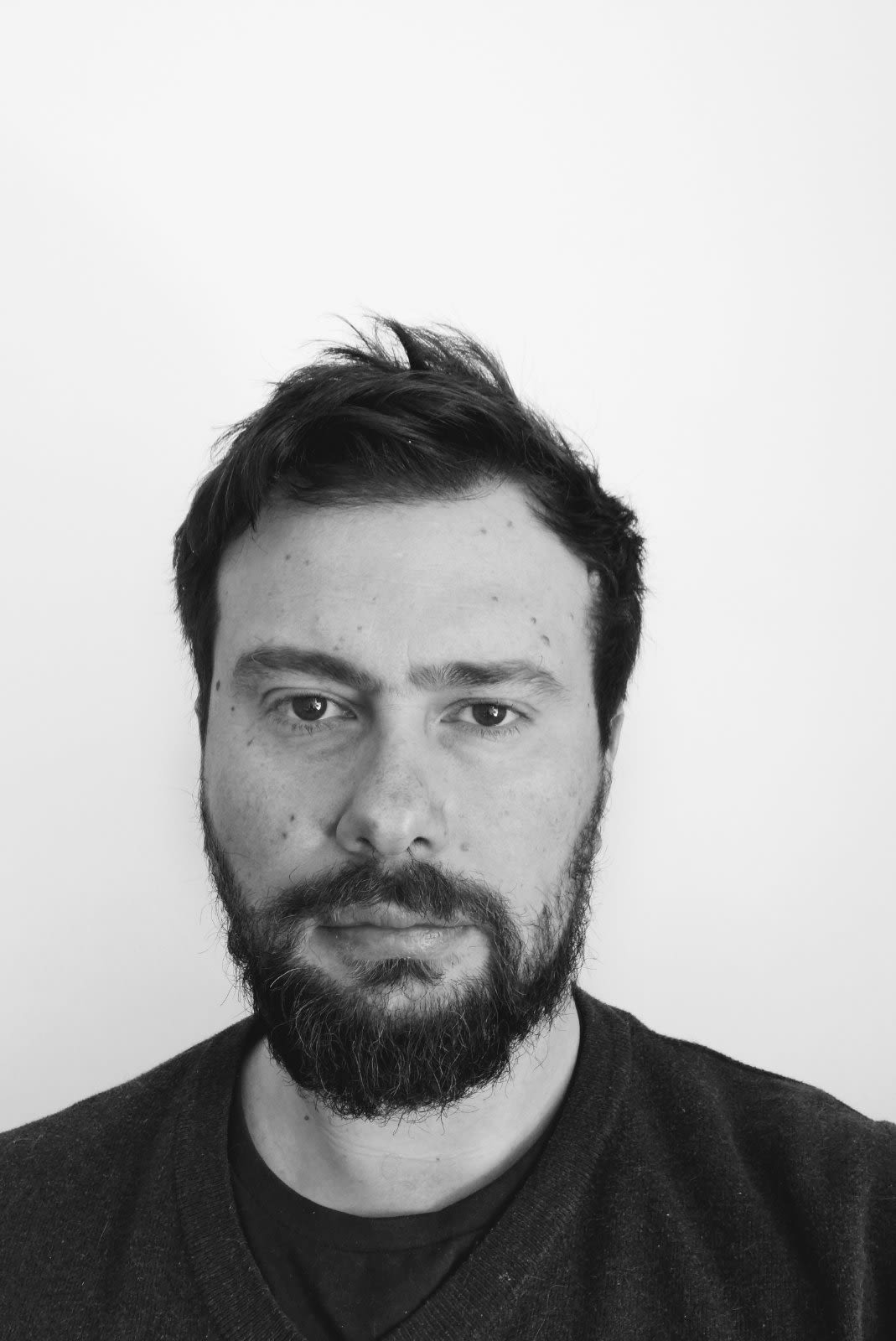
Simeon's research and teaching interests centre on critical study of the relationship between technology and organisations that shape contemporary modes of working, collaborating and managing. He has worked with various organisations and communities in research areas such as digital innovation and organisational change.
Simeon employs a diverse array of methodological approaches in his work, ranging from granular ethnographic to quantitative analytic methods. Additionally, he is a certified facilitator of Lego Serious Play and Design Thinking methodologies, which he applies in his work with different organisations and teams to promote change in thinking, speaking and acting.
Simeon's work contributes to these SDGs
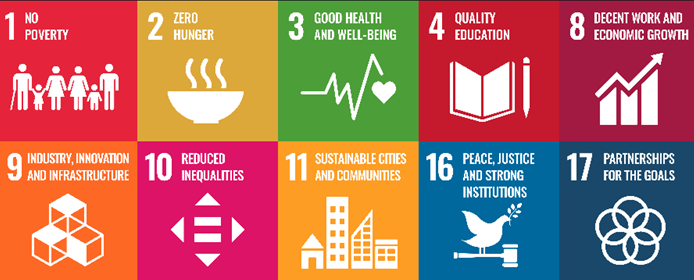
Simeon has conducted extensive research on humanitarian aid networks. He examined the emergence of volunteer and technical communities that analyse open disaster data through crowdsourcing. These crisis-mapping communities organise large, crowdsourced volunteer support composed of thousands of digital volunteer groups, utilising contemporary digital methods of gathering data. He also conducted research on the evolution of these communities and their collaboration with formal humanitarian response organisations such as the United Nations OCHA.
Simeon was also an active participant in digital humanitarian networks, serving as a volunteer in the StandByTaskForce community and participating in a number of deployments during global disasters.
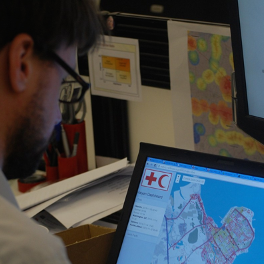
Simeon has also conducted research in the area of digital health data and health data privacy. He had extensive engagements with patient organisations, patient activists, and other local and international health organisations. Additionally, he has contributed to the Citizens’ Assembly on health data in Ireland.
Key targets:
3.D - Improve early warning systems for global health risks
1.5 - Build resilience to environmental, economic and social disasters
3.8 Achieve universal health coverage
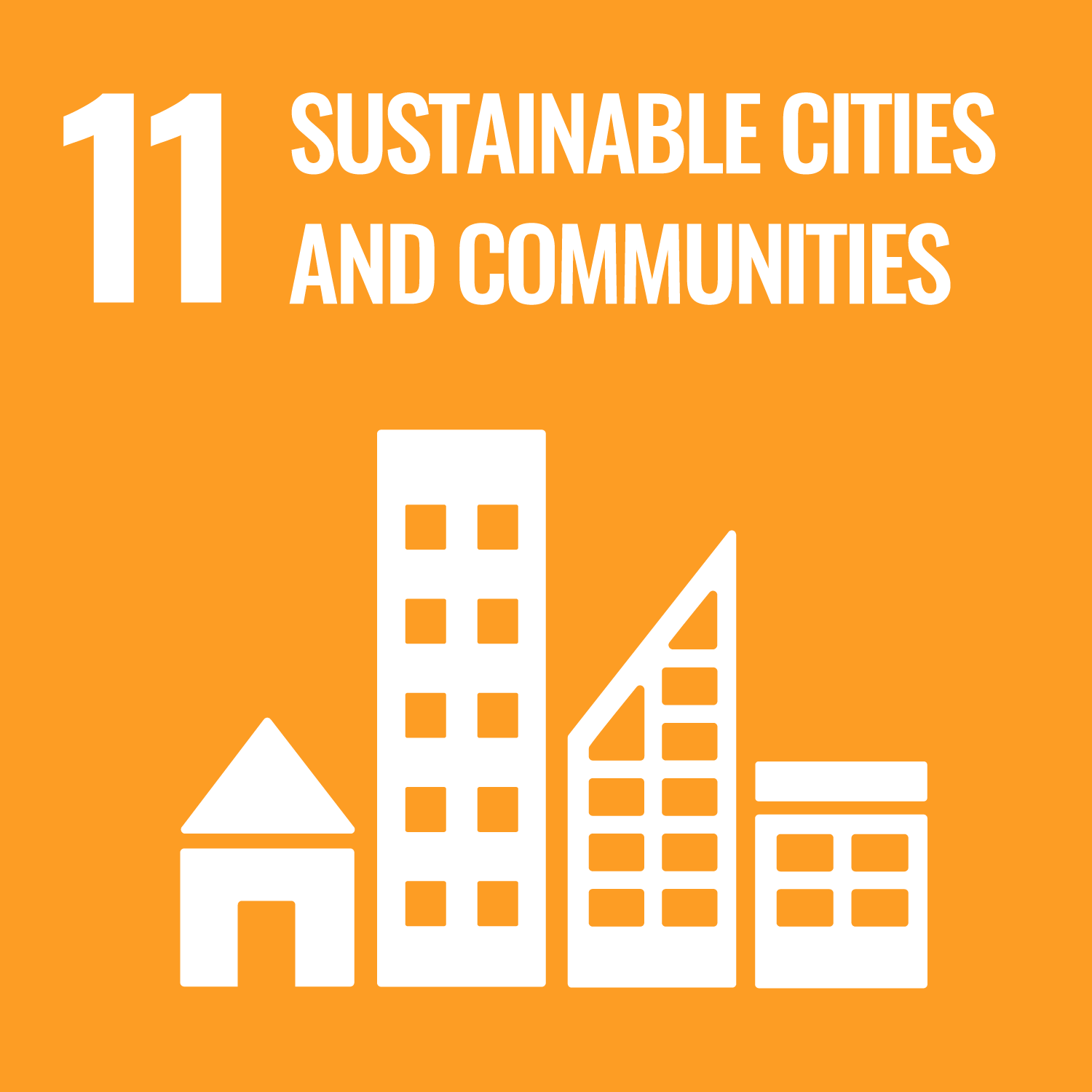
Teaching

Critical perspectives on technology
Simeon teaches modules that focus on role of collaborative, social networking, and mobile digital technologies in transforming work practices and organisations. His modules help students develop actionable understanding of this emerging landscape with a view to shaping organisational innovation in creative ways. Special emphasis is placed on how these technologies facilitate communication, knowledge exchange, and learning, as well as their impact on decision-making, surveillance and organisational control.
Incorporating insights from his research, Simeon enriches his teaching by sharing his findings on social innovation, organisational evolution, and digitalisation across diverse industries. This approach enriches students' understanding and appreciation of these phenomena, making the concepts more tangible and relevant.
Simeon's modules focus on Targets: 1.5 - Build resilience to environmental, economic and social disasters; 3.d - Improve early warning systems for global health risks, 3.8 Achieve universal health coverage; 9.c - Universal access to information and communications technology; 17.18 - Enhance availability of reliable data; 8.8 - Protect labour rights and promote safe working environments; 16.6 - Develop effective, accountable and transparent institutions, 16.7 - Ensure responsive, inclusive and representative decision-making, 16.10 - Ensure public access to information and protect fundamental freedoms
As a certified facilitator proficient in methodologies like Lego Serious Play and Design Thinking, Simeon employs a variety of practical techniques to enhance student learning and engagement, ensuring an immersive and dynamic educational experience.
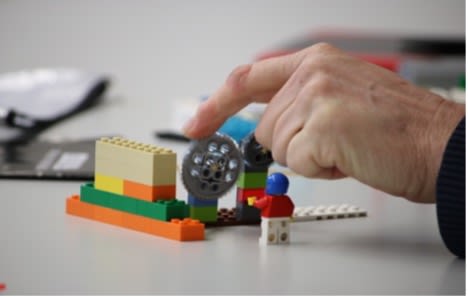
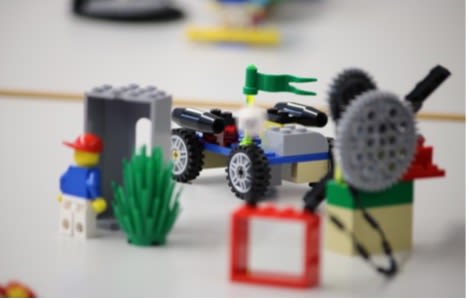
Engagement
For eight years, Simeon has remained actively involved in humanitarian aid networks. In a recent shift, his research on health data privacy led him to establish connections with digital rights organisations and healthcare activists both in Ireland and abroad.
As a member of the MISFIRES team, Simeon organised a workshop on Creative Activism in collaboration with the 'artivist' organisation Beautiful Trouble, headquartered in the US. This innovative workshop convened advocates and activists from various healthcare sectors, fostering a space for collective engagement, learning, and imagining new horizons for healthcare activism.
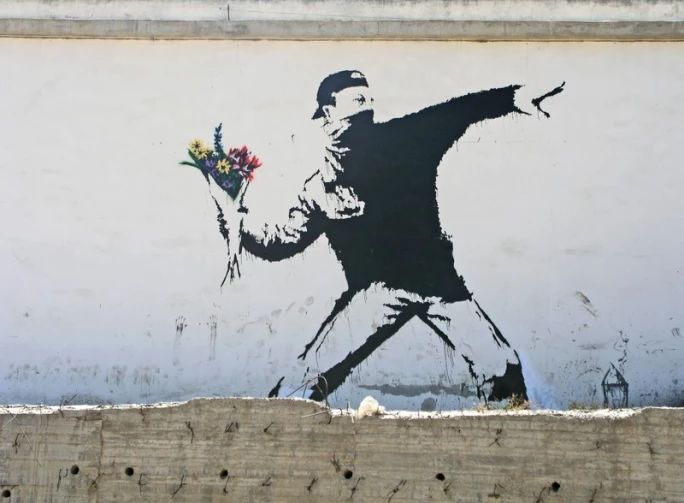
Direct impact SDG Targets
1.4 - Equal rights to ownership, basic services, technology and economic resources
1.5 - Build resilience to environmental, economic and social disasters
1.A - Mobilize resources to implement policies to end poverty
2.A - Invest in rural infrastructure, agricultural research, technology and gene banks
3.4 - Reduce mortality from non-communicable diseases and promote mental health
3.B - Support research, development and universal access to affordable vaccines and medicines
3.C - Increase health financing and support health workforce in developing countries
3.D - Improve early warning systems for global health risks
8.8 - Protect labour rights and promote safe working environments
10.2 - Promote universal social, economic and political inclusion
11.5 - Reduce the adverse effects of natural disasters
11.B - Implement policies for inclusion, resource efficiency and disaster risk reduction
Indirect
3.5 - Prevent and treat substance abuse
4.5 - Eliminate all discrimination in education
9.4 - Upgrade all industries and infrastructures for sustainability
9.A - Facilitate sustainable infrastructure development for developing countries
16.7 - Ensure responsive, inclusive and representative decision-making
17.7 - Promote sustainable technologies to developing countries
17.18 - Enhance availability of reliable data
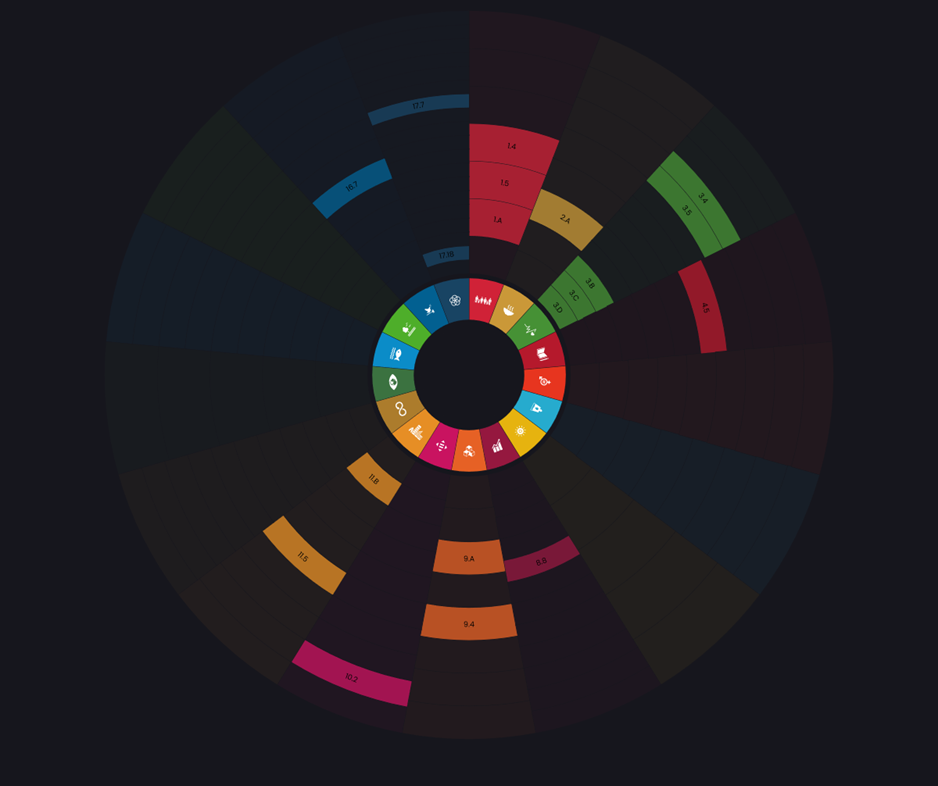
Research

Featured Publications
|
References |
SDGs |
|---|---|
|
Vidolov, S., Geiger, S., Stendahl, E. (2023). Affective Resonance and Durability in Political Organizing: The case of patients who hack. Organization Studies, 44(9), 1413-1438. |
3 |
|
Kumar, A., Vidolov, S. (2016). Humanitarian effectiveness: Reconsidering the ethics of community engagement and the role of technology. Proceedings of the International ISCRAM Conference. |
16 |
|
Vidolov, S., Sabou, J., Mitev, N. (2019). Trust Development in Networked Environments: A Performative Account. In: Proceedings of the 52nd Annual Hawaii International Conference on System Sciences. Hawaii : University of Hawaii at Manoa., 2019. |
17.6 |
|
Sabou, J., Vidolov, S. (2016). An analysis on the role of trust in digital humanitarian actor networks. In: A. Tapia, P. Antunes, V. A. Bañuls, K. Moore, J. Porto (eds.), ISCRAM 2016 Conf. Proc. – 13th Int. Conf. Inf. Syst. Cris. Response Manag., Federal University of Rio de Janeiro, Rio de Janeiro, Brazil. |
|
|
Vidolov, S. (2014). Collaborative Sociomaterial Re-orderings in Humanitarian Networks, ISCRAM med, Toulouse, France. |
11.5; 8.2 |
|
Vidolov, S. (2014). Network Innovation in Humanitarian Affairs, ICE Conference, Bergamo, Italy. |
11.5; 16.0, 16.3 |
|
Vidolov, S. (2014). Collaborative re-orderings in humanitarian aid networks. In: Lecture Notes in Business Information Processing (Vol. 196). https://doi.org/10.1007/978-3-319-11818-5_11 |
11.5; 8.2 |
